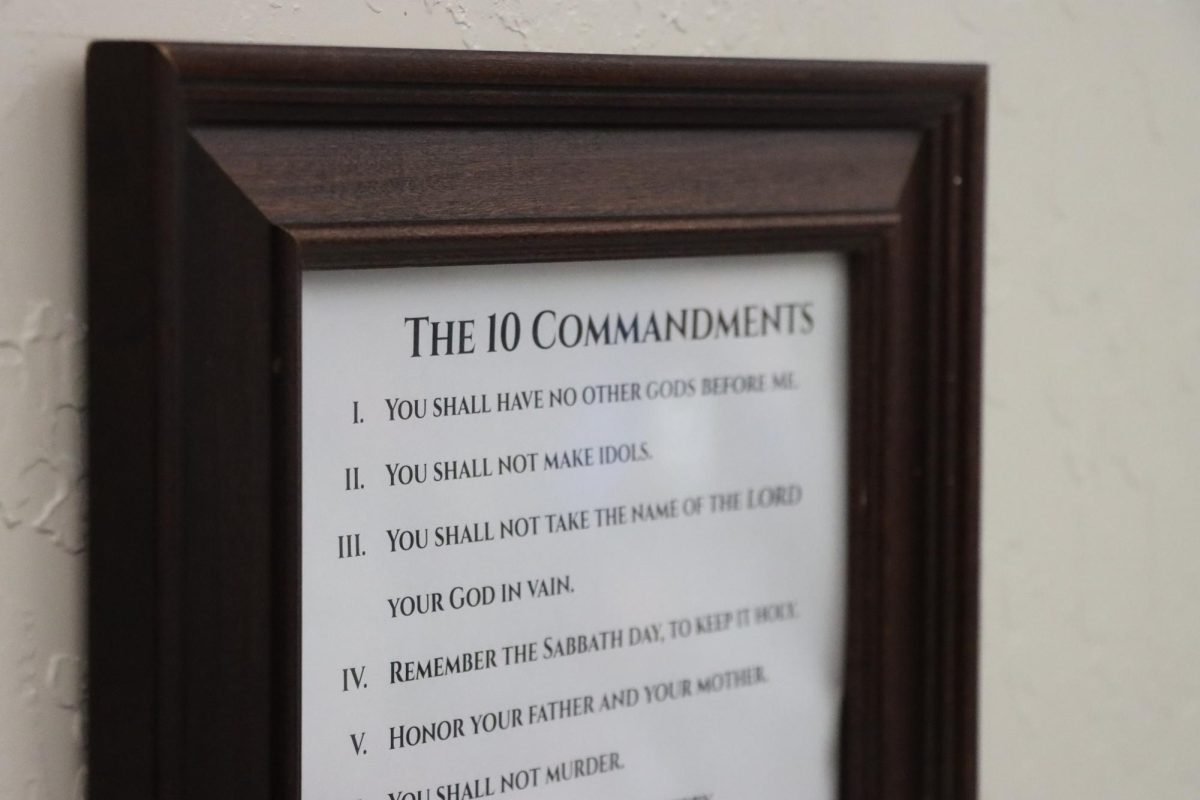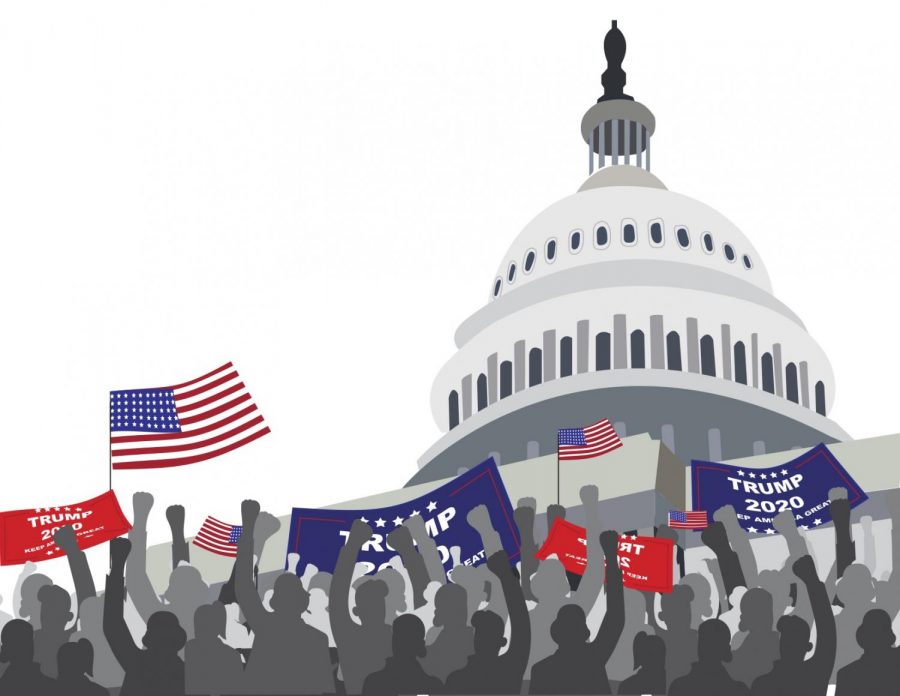In 1925, 24-year-old biology teacher John T. Scopes went on trial in one of the most prominent court cases of the 20th century. His crime: teaching Charles Darwin’s theory of evolution in defiance of a Tennessee law prohibiting any instruction that deviated from the lessons taught in the Bible.
Now, 100 years later, legislation eerily similar to the law he fought against, forcing Christian values into classrooms, has emerged in several Southeastern states.
According to AP News, Louisiana became the first state to pass a bill in 2024 requiring the Ten Commandments to be displayed in every state public school, from kindergarten through university. Similar efforts have emerged in Southern states like Texas, where the Texas Board of Education approved Bible-infused lessons, offering funding incentives for districts that adopt them.
While states like Louisiana and Oklahoma face legal challenges, President Donald Trump’s support for religious education has bolstered these measures, according to Education Week. Supporters argue that displaying religious texts in classrooms would instill moral values in students, reducing behavioral and mental health issues.
However, by forcing religious documents into educational environments, these bills push a singular dominant narrative and leave no room for students to explore different perspectives in a rigid, exclusionary structure. Republican lawmakers who are pushing this legislation are also opponents of religious inclusion and making accommodations for those who practice other religions that aren’t Christianity.
Mandating Christian teachings in public schools goes against the First Amendment, which guarantees that all citizens are entitled to the right to practice any religion. The Constitution’s separation of church and state prohibits the government, including public schools, from endorsing any religion. The United States was founded on the principles of freedom and choice, but by emphasizing the viewpoints of one religion over any other, we defy our nation’s values.
With these new religious policies in mind, it’s clear that our education system is regularly under attack: books in school libraries are ripped from the shelves, sensitive topics are censored, and teachers who resist these restrictions risk punishment or termination. When curricula skew towards a particular belief system, students’ ability to develop critical thinking skills is compromised.
By reinstating these laws, we are reversing our course as a nation, allowing the orthodox, restrictive viewpoints that Scopes fought against a century ago to thrive once again.











































